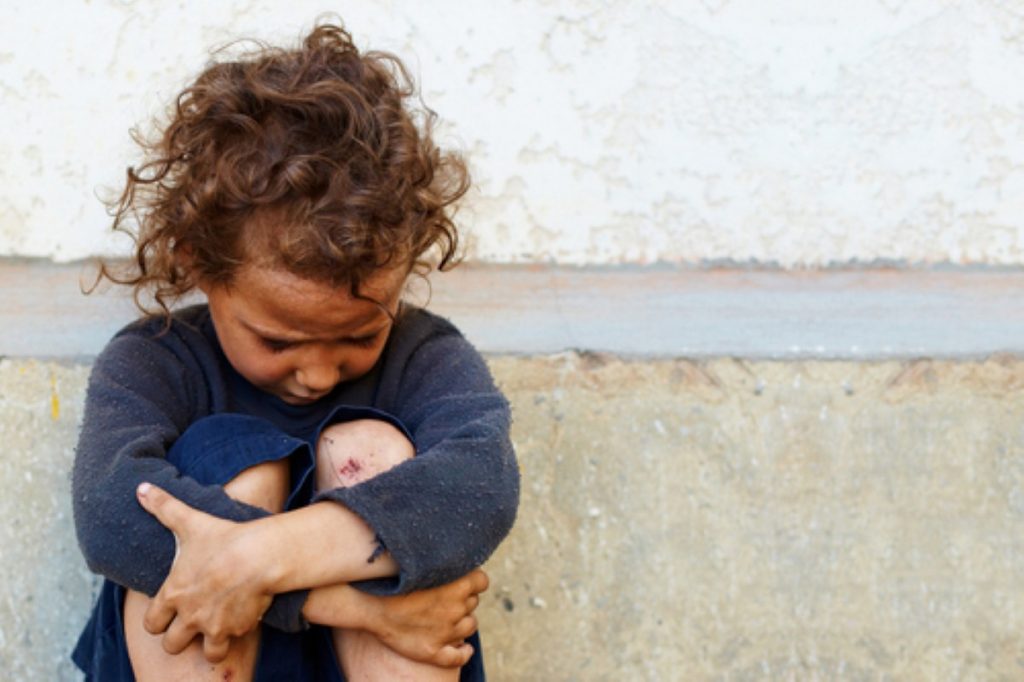Comment: How we impoverish children in the name of a tough immigration policy
By Kamena Dorling
Earlier this year, the Home Office removed a mentally ill mother and five-year-old child to Nigeria, despite the risk that both she and her son would end up on the streets and at risk of prostitution, child labour or trafficking. Following a legal challenge, the Upper Tribunal gave an order that the family be brought back to Britain as the Home Office had failed to have regard to the child’s best interests as a primary consideration.
Unfortunately this case is not exceptional when it comes to the treatment of young refugees and migrants. Indeed, a report launched today by a group of leading children’s charities, which Coram Children's Legal Centre (CCLC) contributed to, found vulnerable children are being put at increasing risk.
CCLC provides legal advice to over 700 migrant children and families a year. We work with children who are in the UK because they are fleeing conflict, human rights abuses or who have already been victims of trafficking. Others were born here or have lived here their whole lives and only come to realise they are not recognised as British when they reach their teenage years.


The majority are highly vulnerable and disengaged from a system which should protect them. Calls to our Migrant Children's Project advice line have tripled since 2012. We see on a daily basis the economic and social insecurity children face, as well as the risk of exposure to harmful situations, including homelessness, crime and exploitation, worsened by legal aid cuts and austerity measures which have drastically narrowed avenues for support.

There's a human consequence to the tough immigration rhetoric of the home secretary
Despite some positive moves, a number of measures introduced since 2010 have shown that immigration control is still seen as significantly more important than children's rights.
We have seen the removal of legal aid for almost all immigration cases, the tightening of the immigration rules on long residence and the enforced destitution of children in families with no recourse to public funds. The best interests of children are still not adequately considered in asylum and immigration decisions. That means that children are still at risk of being returned to dangerous situations in countries such as Afghanistan and Iran and many of those who are allowed to remain in the UK are only granted short periods of leave so that they are unable to plan for their futures. This effectively prevents them from going to university or accessing outpatient care.
Many of the recent changes have aimed to take immigration control beyond the Home Office. They've aimed to create a "hostile environment" for migrants in the UK by making it more difficult to access support via our welfare system, or legal aid, housing, health care or education.

The government's failure to take account of immigration policy's impact on children runs against its international commitments
There is no evidence to suggest that this strategy is effective in encouraging people to leave or deterring others from seeking protection here. Coram Children’s Legal Centre's research and experience has shown that the hostile environment agenda is having a significant and damaging impact on children and families in the UK. This month a new report from the University of Oxford highlighted the increase in the number of migrant families forced into destitution, with some living on as little as £1 per person per day. This comes three years after the education select committee asserted "it would be outrageous if destitution were to be used as a weapon against children because of their immigration status".
The UN Convention on the Rights of the Child gives a set of minimum standards for the treatment of all children and is an international treaty up to which more countries in the world (indeed, all except for the United States and Somalia) have signed than any other. The UK government has committed itself to giving children the protections contained within it. It has a sovereign right to manage immigration and to determine who may or may not be permitted to enter and remain, but it has also committed to protecting the rights of all children in the UK, irrespective of status. The UK's international and domestic legal obligations stand regardless of a child’s circumstances or those of their parents.
The development of a more effective immigration system must not come at children's expense.
Kamena Dorling is policy and programmes manager at Coram Children’s Legal Centre
The opinions in politics.co.uk's Comment and Analysis section are those of the author and are no reflection of the views of the website or its owners.












